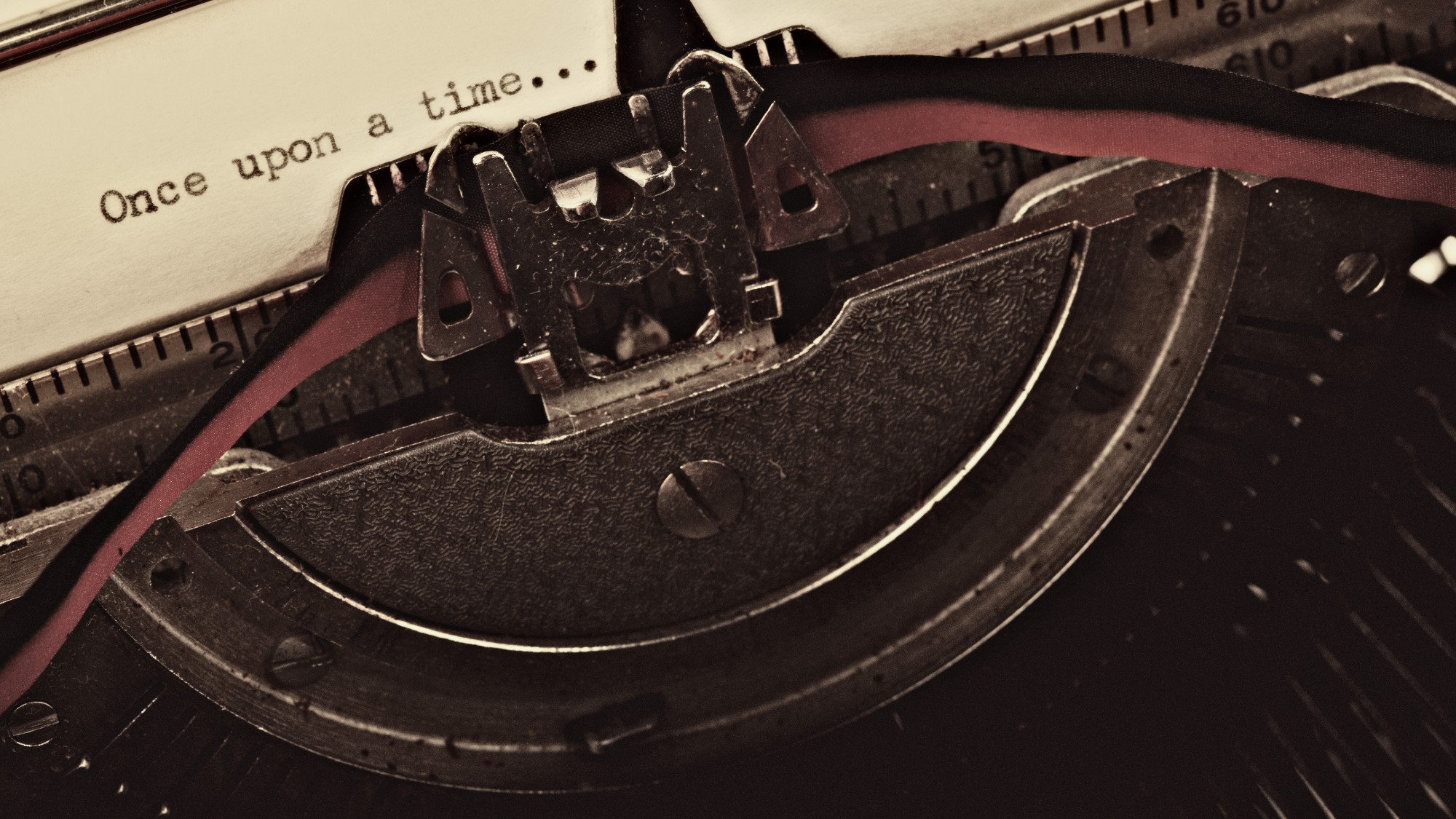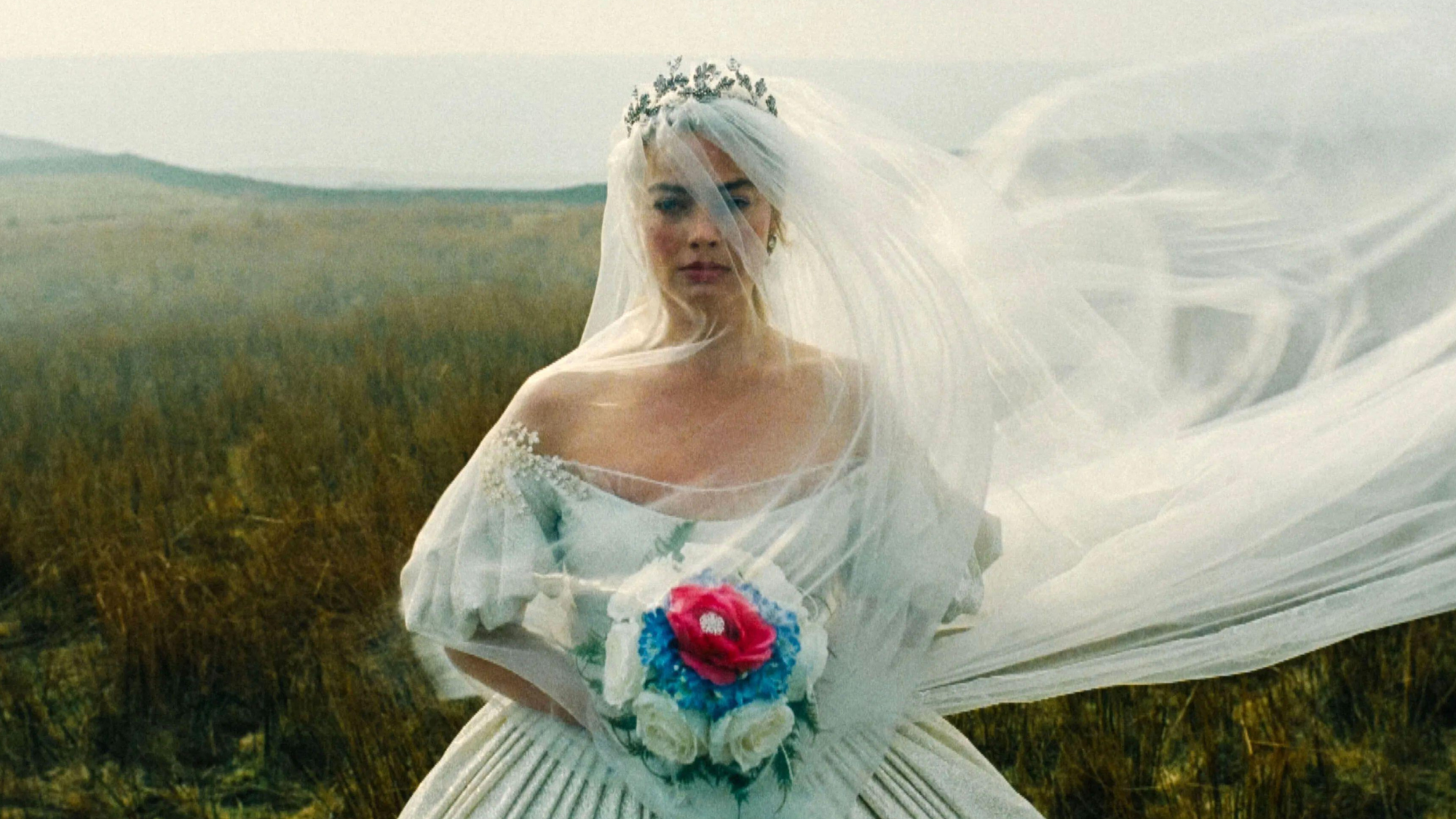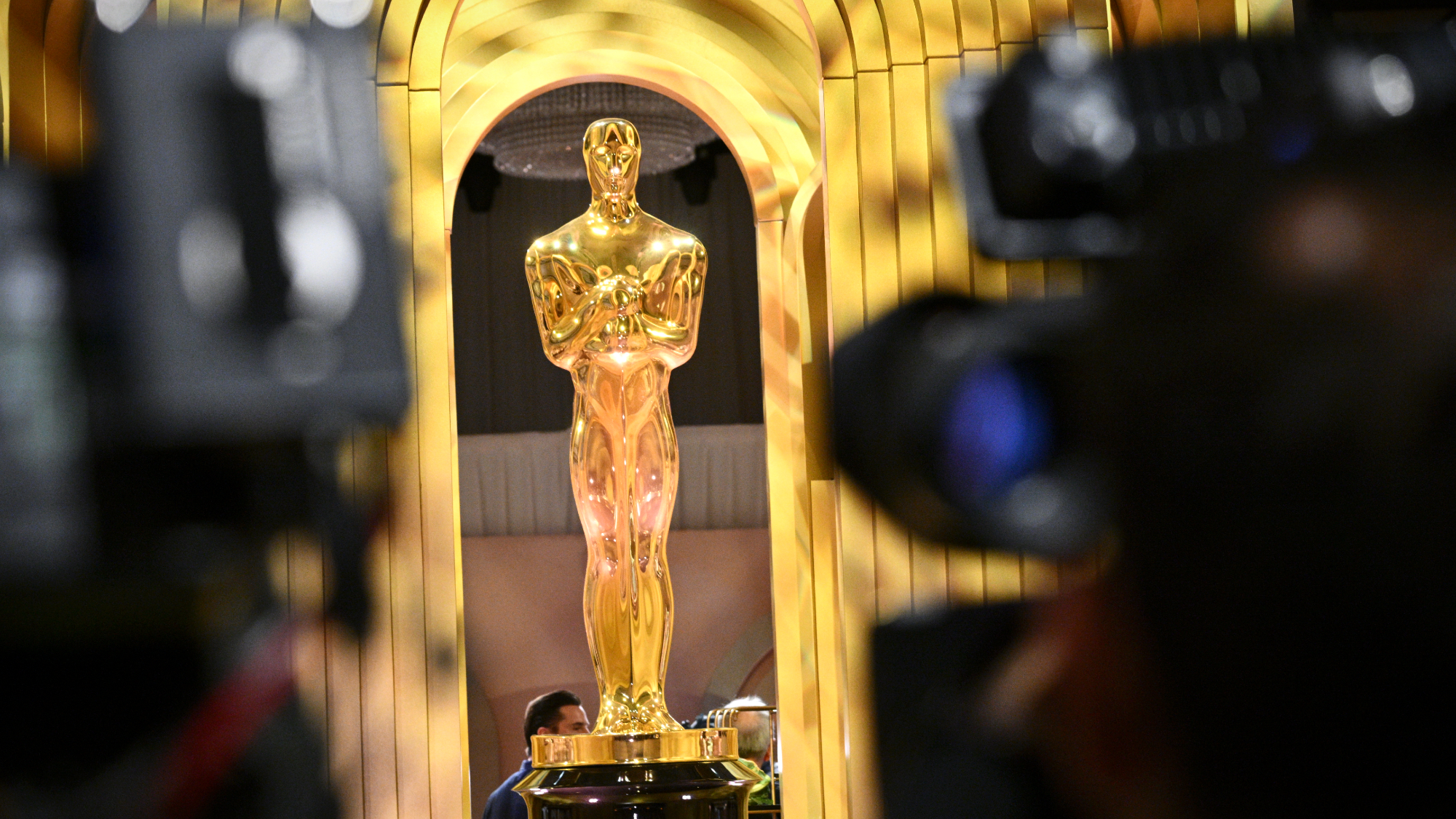The row over AI in TV writers' rooms
New ITV role has increased fears that technology could be 'kaboom for the entertainment industry'

A free daily email with the biggest news stories of the day – and the best features from TheWeek.com
You are now subscribed
Your newsletter sign-up was successful
Entertainment industry insiders have reacted with dismay to a job advert for a "Head of Generative AI Innovation" to spearhead the use of the tech for "ideation" and "character development" for ITV shows.
The ad, posted on LinkedIn last week, has reignited concern over the role that artificial intelligence is increasingly playing in television and film production.
'Depressing and unethical'
The vacancy, which is no longer open for applications, offers a salary of between £80,000 and £95,000 for an AI expert who could act as an "innovative and visionary leader" for the TV channel.
The Week
Escape your echo chamber. Get the facts behind the news, plus analysis from multiple perspectives.

Sign up for The Week's Free Newsletters
From our morning news briefing to a weekly Good News Newsletter, get the best of The Week delivered directly to your inbox.
From our morning news briefing to a weekly Good News Newsletter, get the best of The Week delivered directly to your inbox.
Speaking to Broadcast, comedy writer Lisa McGee, creator of "Derry Girls", said that the role was "incredibly depressing" and "unethical", while Jack Rooke, the creator of "Big Boys", said that ITV was "neglecting to realise their most successful scripted projects have always been born out of real life human experience".
The development shows that AI "could be a game-changer for TV and film", said Gareth Roberts in The Spectator, and "not the good kind" for workers in the industry. Why hire writers, actors, directors and producers "at huge expense", or "in fact, why hire anybody", when "you can just press send on a prompt" and "get a new show or film tailored to your needs"?
'Textual turkey dinosaurs'
Has that prospect already arrived? This summer saw the release of the first-ever movie with an AI-generated script. Fittingly titled "The Last Screenwriter", every line had been "dreamt up" by an AI chatbot, which wrote the entire screenplay based on a 17-word prompt.
The industry was "terrified" by this milestone, said The Telegraph's film critic, Robbie Collin. And fans were equally outraged: plans to screen the film at London's Prince Charles Cinema were cancelled after the venue was bombarded with complaints.
A free daily email with the biggest news stories of the day – and the best features from TheWeek.com
There were also charges of plagiarism. AI "ingests vast quantities of (human) writing, which it then mulches down and reshapes, like textual turkey dinosaurs, to satisfy the instructions keyed in by its users". In a way, then, "everything" AI produces is "stolen".
Last year, Hollywood writers "scored a major victory" in the battle over artificial intelligence when they agreed a new contract featuring "strong guardrails" over how the technology can be used in film and television projects, said The Guardian.
A sticking point in one of the longest labour disputes in Hollywood history was the danger that "unchecked" AI could pit "artists against robots in a battle over human creativity". The deal, which aims to ensure that new technology stays in the control of workers rather than being used by their bosses to replace them, meant some writers are "breathing easier – for now".
'Galumphing rate' of progress
Many in the industry remain nervous over what the future holds. Responding to the row over its recent job ad, ITV said that "while nothing can replace the human creativity of our teams", the channel is "exploring how GenAI can help our staff to work more efficiently and creatively".
With the "galumphing rate" of progress in AI, said Roberts, it "surely won't be too long" before the viewer can "press send on a prompt and get the show they want in their inbox", which would be "kaboom for the entertainment industry".
So if the TV industry is "serious about survival", it must "start crafting better shows before the machines do".
Chas Newkey-Burden has been part of The Week Digital team for more than a decade and a journalist for 25 years, starting out on the irreverent football weekly 90 Minutes, before moving to lifestyle magazines Loaded and Attitude. He was a columnist for The Big Issue and landed a world exclusive with David Beckham that became the weekly magazine’s bestselling issue. He now writes regularly for The Guardian, The Telegraph, The Independent, Metro, FourFourTwo and the i new site. He is also the author of a number of non-fiction books.
-
 How the FCC’s ‘equal time’ rule works
How the FCC’s ‘equal time’ rule worksIn the Spotlight The law is at the heart of the Colbert-CBS conflict
-
 What is the endgame in the DHS shutdown?
What is the endgame in the DHS shutdown?Today’s Big Question Democrats want to rein in ICE’s immigration crackdown
-
 ‘Poor time management isn’t just an inconvenience’
‘Poor time management isn’t just an inconvenience’Instant Opinion Opinion, comment and editorials of the day
-
 Microdramas are booming
Microdramas are boomingUnder the radar Scroll to watch a whole movie
-
 The biggest box office flops of the 21st century
The biggest box office flops of the 21st centuryin depth Unnecessary remakes and turgid, expensive CGI-fests highlight this list of these most notorious box-office losers
-
 The 8 best superhero movies of all time
The 8 best superhero movies of all timethe week recommends A genre that now dominates studio filmmaking once struggled to get anyone to take it seriously
-
 Josh D’Amaro: the theme park guru taking over Disney
Josh D’Amaro: the theme park guru taking over DisneyIn the Spotlight D’Amaro has worked for the Mouse House for 27 years
-
 Golden Globes affirm ‘One Battle,’ boost ‘Hamnet’
Golden Globes affirm ‘One Battle,’ boost ‘Hamnet’Speed Read Comedian Nikki Glaser hosted the ceremony
-
 The most anticipated movies of 2026
The most anticipated movies of 2026The Week Recommends If the trailers are anything to go by, film buffs are in for a treat
-
 Oscars jump to YouTube after decades at ABC
Oscars jump to YouTube after decades at ABCSpeed Read The awards show will be broadcast worldwide on YouTube starting in 2029
-
 Son arrested over killing of Rob and Michele Reiner
Son arrested over killing of Rob and Michele ReinerSpeed Read Nick, the 32-year-old son of Hollywood director Rob Reiner, has been booked for the murder of his parents